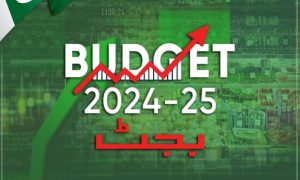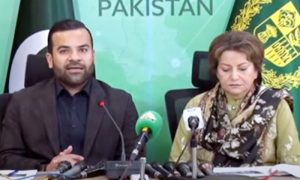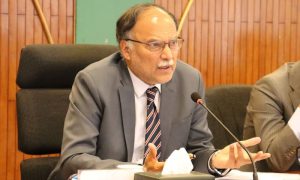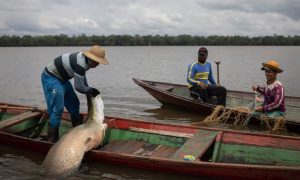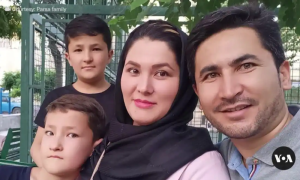It seems that much talk about worrisome economic deterioration has started diminishing. After confronting the vote of no-confidence turbulent phase of the poly-crisis, Pakistan is now gradually coming back on the track of stability. Progress is slow but steady acceleration would bring the country out of the economic quagmire. It is time to ponder upon the reasons which pushed the country into the pits of chaos and instability. Devious demagogues have continuously failed the simple-minded followers and common masses. Denial of failures is the first hurdle prior to adopting the corrective measures. It is about time to unite and restore normalcy in all domains.
Pakistan needs a charter of stability and its responsibility flatly rests on the shoulders of those players who had been entering the election arena absolutely unprepared and failing the voters with disappointing incompetence. While diagnosing the challenges being confronted by Pakistan, all threats emanating from within should be kept at the top. Internal instability is the biggest challenge for Pakistan with its cancerous roots spreading in economic, political, democratic and societal veins. No external threat can dislodge a unified and internally stable Pakistan. It does not mean that the severity of security challenges emanating from foreign lands, especially the eastern neighbour merits the least attention.
Actually, an internally unstable state offers countless exploitable fault-line archrivals. Pakistan with more than 240 million population cannot be overtaken or beaten by any foreign intruder. However, countries with such huge populations cannot afford prolonged inaction on internal turmoil. The story of the past five years is quite disappointing. Pre and post-2018 election rhetoric overplayed by the political parties merits some serious introspection. Unfortunately, miserable failures of elected parliaments in solving the major national issues could never get due attention in political discourse. The results of the election reflect a split mandate in the National Assembly. Political parties complaining about rigging are apparently dressing up the wounds of election defeat. Even if the complaints are genuine then a solution and the intended relief can only be sought through laid down legal processes.
As an unfortunate precedence, political parties prefer to overplay the rhetoric and rarely adopt the right course of approaching the ECP tribunals including the courts of law. After the 2018 elections, the ruling party PTI paid no attention to fulfilling the promises made to the voters and remained restricted with the idea of ditching the opponents with corruption rhetoric mostly on social media. The successful execution of a vote of no confidence against PTI, though, paved the way for PDM to the throne. Post-election stability is linked with the sincere dialogue between the political stakeholders. While the nation is facing the consequences of the poly-crisis created by the political stakeholders, major parties are still busy diverting their attention from usual rhetoric games. Post-vote of no confidence rapid economic deterioration was the obvious outcome of ill-conceived confrontational strategy of the constitutionally ousted party.
Bleak default predictions flop long marches, ill-timed dissolution of provincial assemblies and victimhood rhetoric were precisely aimed at diverting the attention from significant performance failures. PDM parties were no exception to this deceptive tendency. Their narratives also revolved around political victimization and past unceremonious ouster. No introspective discussion was ever held on major failures, inefficiencies and gaps in policy formulation processes manifested by the ruling elite. Prevailing polarization and social toxicity are the outcome of destructive politics played with fiery rhetorical narratives. No democracy can flourish with such undemocratic practices. Those, spreading chaos and despair in the youth, are actually responsible for failing their own voters and supporters. The mandate entrusted through a vote in a way binds a party or leader to fulfill the promises while acting within the constitutional parameters. Escaping the parliament on a self-created plea is the biggest exploitation of democracy.
There is nothing wrong with Pakistan, and there is nothing right in its politics. No extra words are needed to spell out the gifts of natural resources, human assets especially the aspiring youth, defence potential, nuclear stature, tremendous resilience, tourism potential, harmonious religious culture and enormous agrarian economy. Sincerity towards the voters and disunity on national issues are the missing virtues among the political elite. Restoration of stability is a joint responsibility. Parties having a mandate in the Parliament should play a constructive role on the floor of the house while keeping the election disputes restricted to the concerned forums. Good omens on the economic front, like a reduction in inflation, should not be spoiled with toxic political polarization. The nation expects a constructive stabilizing role from all political stakeholders.



















